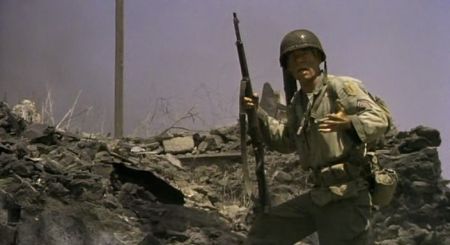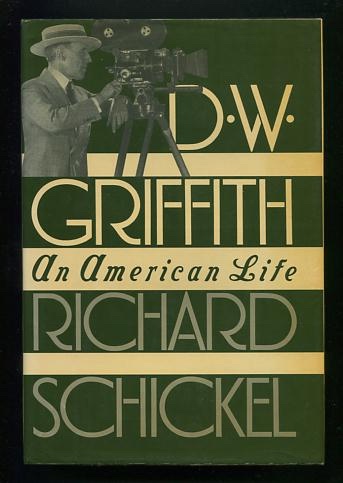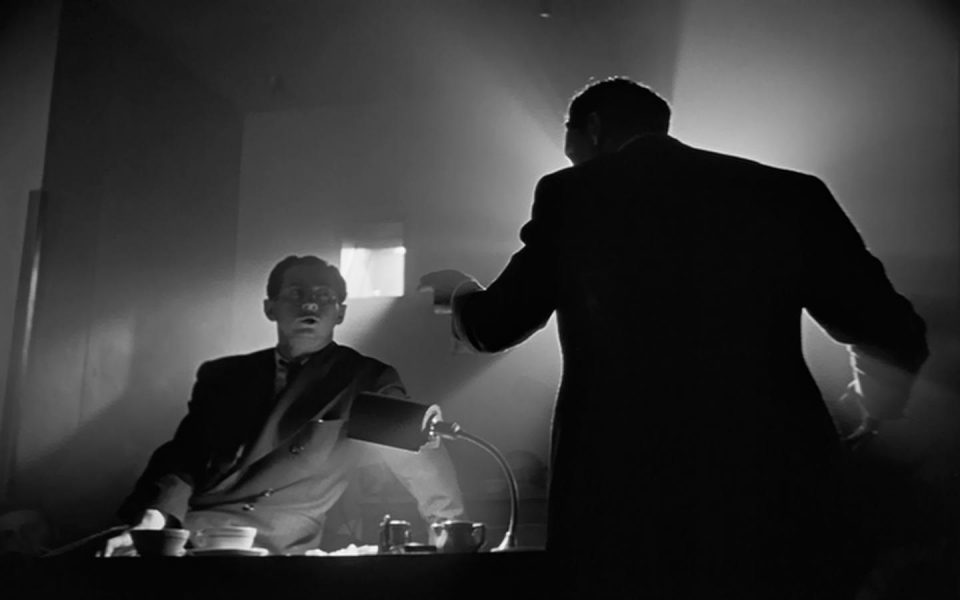From the Chicago Reader (November 19, 2004). — J.R.

The Big Red One: The Reconstruction
**** (Masterpiece)
Directed and Written by Samuel Fuller
With Lee Marvin, Mark Hamill, Robert Carradine, Bobby Di Cicco, Stephane Audran, Christa Lang, Kelly Ward, Siegfried Rauch, and Fuller

“When I enter his suite at the Plaza, he’s finishing lunch, expressing his regret about missing Godard in Cannes, remarking on the absurdity of prizes at film festivals, asking me what Soho News and Soho are. (The one he knows about is in London — he fondly recalls a cigar store on Frith Street.)
“It isn’t hard to figure out why Mark Hamill affectionately calls him Yosemite Sam, or why Lee Marvin simply says he’s D.W. Griffith. Bursting with the same charismatic, comic book energy that skyrockets through most of his movies, old crime reporter, novelist, war hero, writer-director and sometime producer Samuel Fuller, almost 69, still moves and talks like his daffy action flicks — like the wild man from Borneo — in quick, short, blocky punches, like two-fisted slabs of socko headline type.”
The purple prose was mine, the year was 1980. Fuller was promoting his semiautobiographical war picture The Big Red One, even though the studio had just cut half of it — something he wasn’t making any effort to hide. Read more
Two quotes from the Letters section of the February 3, 1977 New York Review of Books:
John Bernard Myers: “It can easily be demonstrated that film directors created this art: Méliès, D.W. Griffith, Charlie Chaplin, Eisenstein, Pudovkin, G.W. Pabst, Fritz Lang, Abel Gance, René Clair, Robert Flaherty, Alfred Hitchcock, Louis Malle—the list is long.”
Gore Vidal: “[Peter] Bogdanovich’s list of Welles’s post-[Herman] Mankiewicz films as compared to Mankiewicz’s post-Welles films only proves that neither was to be involved in another good film (excepting The Magnificent Ambersons and Christmas Holiday) ever again. This is the not unusual fate of movie makers as I discovered, and as Bogdanovich is discovering. You almost can’t win.
“With characteristic wit, wisdom, and eloquence, John Myers proves my point that ever since the movies began to talk the writer, not the director, is the essential creator of any film. Mr. Myers lists the directors that he admires and except for Louis Malle, they are all silent film directors (Fritz Lang of course worked in both silent and sound). Are the movies really and truly an art form? Nolo contendere.”
It’s astonishing that Vidal should argue and apparently believe that we value Chaplin, Eisenstein, Clair, and even Hitchcock as artists, if at all, only when they made silent pictures — apparently unlike Fritz Lang, whose M is a talkie. Read more
From Sight and Sound (Autumn 1984). –- J.R.

D.W. GRIFFITH: An American Life
by Richard Schickel
Pavilion, £15.00
Arriving on the heels of Donald Spoto’s Hitchcock and Richard Koszarski’s Stroheim, Richard Schickel’s massive biography of Griffith manages to steer a middle course between the compulsive narrative thrust of the former and the more scholarly negotiation of diverse hypotheses pursued by the latter. Grappling with a life and personality that surprisingly proves to be no less private and elusive than Hitchcock’s, Schickel confidently leads the reader through over six hundred pages of text without ever resorting to Spoto’s questionable tactic of baiting one’s interest with the promise of scandalous revelations. And if his scholarship in certain areas raises more questions than Koszarski’s -– see the helpful remarks of Griffith scholar Tom Gunning in the June American Film, particularly about the Biograph period -– he can still be credited with plausibly ploughing his way through an avalanche of contradictory and incomplete data.
Schickel’s task is, of course, more formidable than Spoto’s or Koszarski’s, encompassing some seventy-odd years and nearly five hundred films. Earlier efforts by Barnet Bravermann and Seymour Stern to compose a Griffith biography never reached completion (although Schickel has relied heavily on Bravermann’s material). Read more




